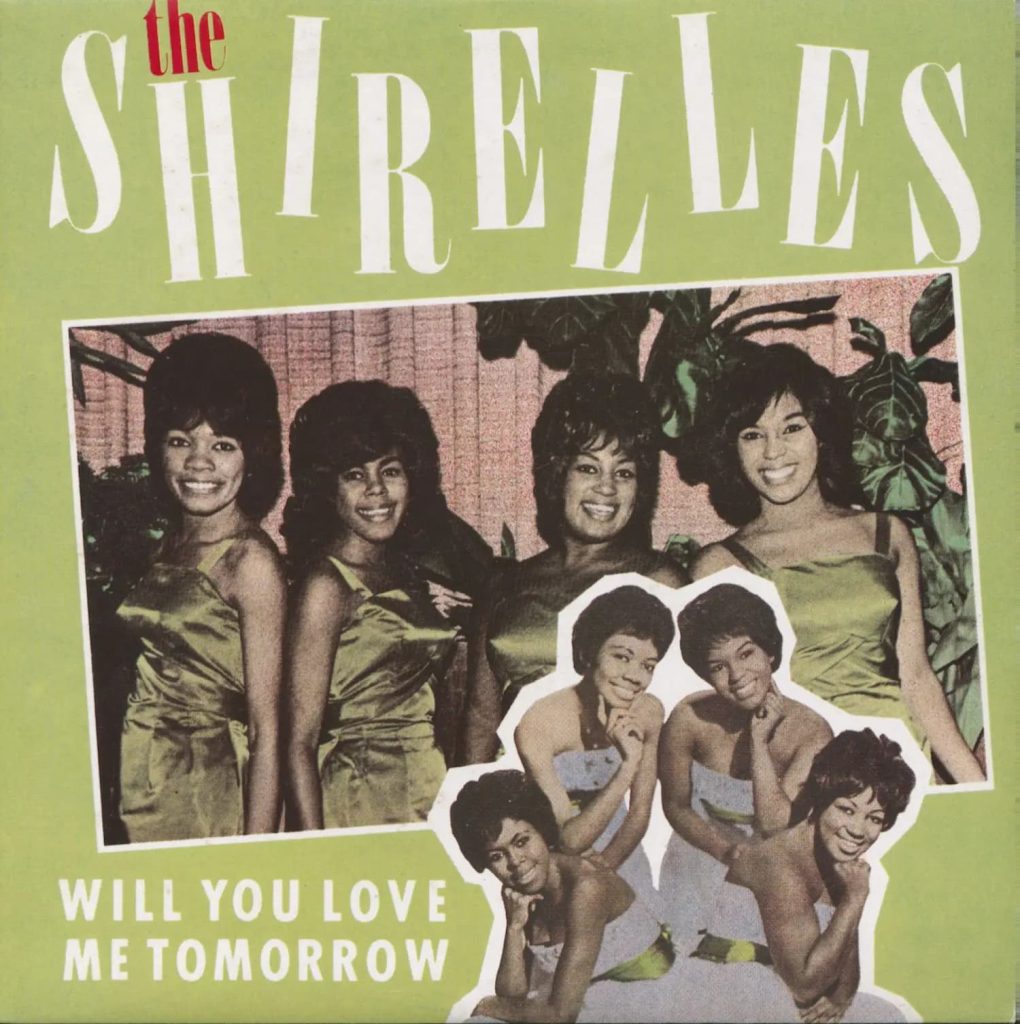
“Will You Love Me Tomorrow” by The Shirelles: A Groundbreaking Ballad of Love and Vulnerability
Released in 1960, “Will You Love Me Tomorrow” by The Shirelles was a groundbreaking hit that redefined pop music for young women and set the stage for future girl groups. Written by the legendary songwriting duo Carole King and Gerry Goffin, this song was the first by an all-female group to reach number one on the Billboard Hot 100, a feat that underscored its cultural impact and timeless appeal. Sung by Shirley Owens, the lead singer of The Shirelles, with soft harmonies from Beverly Lee, Doris Coley, and Addie “Micki” Harris, the song’s raw honesty and tenderness captured the heart of a generation and became an anthem of youthful love and insecurity.
“Will You Love Me Tomorrow” marked a significant shift in popular music because it dealt directly with themes of love, intimacy, and doubt from a young woman’s perspective. At a time when much of the music industry was focused on light-hearted romances, The Shirelles gave voice to more complex, genuine emotions. The song’s lyrics ponder the uncertainty of love, particularly in the heat of a romantic moment, as the protagonist wonders if the feelings shared will last beyond that night. Lines like “Tonight you’re mine completely / You give your love so sweetly” introduce the depth of this connection, while the recurring question, “Will you still love me tomorrow?” reveals an underlying fear of being left heartbroken. This vulnerability, delivered with both sweetness and strength, made the song deeply relatable and resonant.
Musically, “Will You Love Me Tomorrow” combined pop, R&B, and doo-wop elements with a refined elegance. The arrangement, led by a soft string section and gentle percussion, gives the song a dreamy, soulful quality that aligns perfectly with the emotional weight of the lyrics. Carole King’s melody is delicate yet powerful, creating a musical atmosphere that mirrors the song’s bittersweet message. Shirley Owens’ lead vocals are tender and expressive, capturing the depth of young love and the apprehension that can accompany it, while the harmonies of the other members add an angelic layer, emphasizing the emotional unity of the group.
The song’s success and cultural impact were groundbreaking for a number of reasons. As one of the earliest girl groups to achieve mainstream success, The Shirelles paved the way for countless other female artists in the 1960s and beyond. Their success with “Will You Love Me Tomorrow” demonstrated that songs centered on female perspectives, especially those addressing vulnerability and self-doubt, could resonate just as powerfully as male-led anthems of the time. This song was a milestone that opened doors for future female groups like The Supremes, Martha and the Vandellas, and The Ronettes. It also established The Shirelles as one of the premier acts of the girl group era, admired for their mix of innocence, sophistication, and authenticity.
Over the years, “Will You Love Me Tomorrow” has been covered by numerous artists, including Carole King herself, whose 1971 rendition on her iconic Tapestry album brought a new layer of introspection and maturity to the song. Each version has highlighted different facets of the song’s timeless question, but it’s The Shirelles’ original recording that remains definitive—a snapshot of youthful love and uncertainty, immortalized in sound.
Today, “Will You Love Me Tomorrow” remains a classic, celebrated for its honesty and emotional depth. Its impact on pop music and its legacy as a trailblazing song for young women in music are undeniable. The Shirelles managed to capture a moment of introspective vulnerability in a way that was both groundbreaking and accessible, showing the world that pop music could explore complicated feelings with grace. The song remains a beautiful reminder of the complexity of love, and it endures as a milestone in music history, as fresh and moving today as it was over sixty years ago.